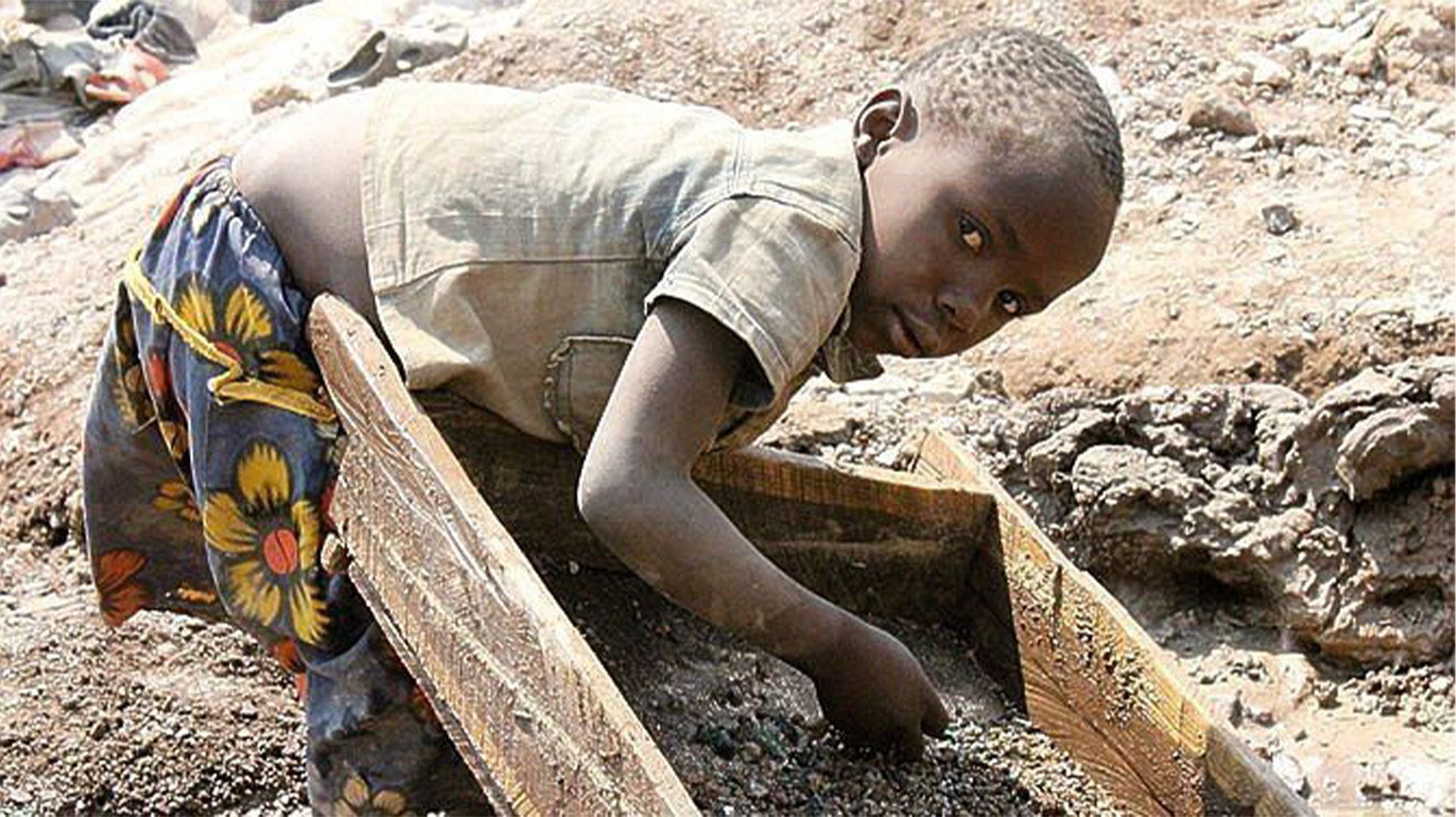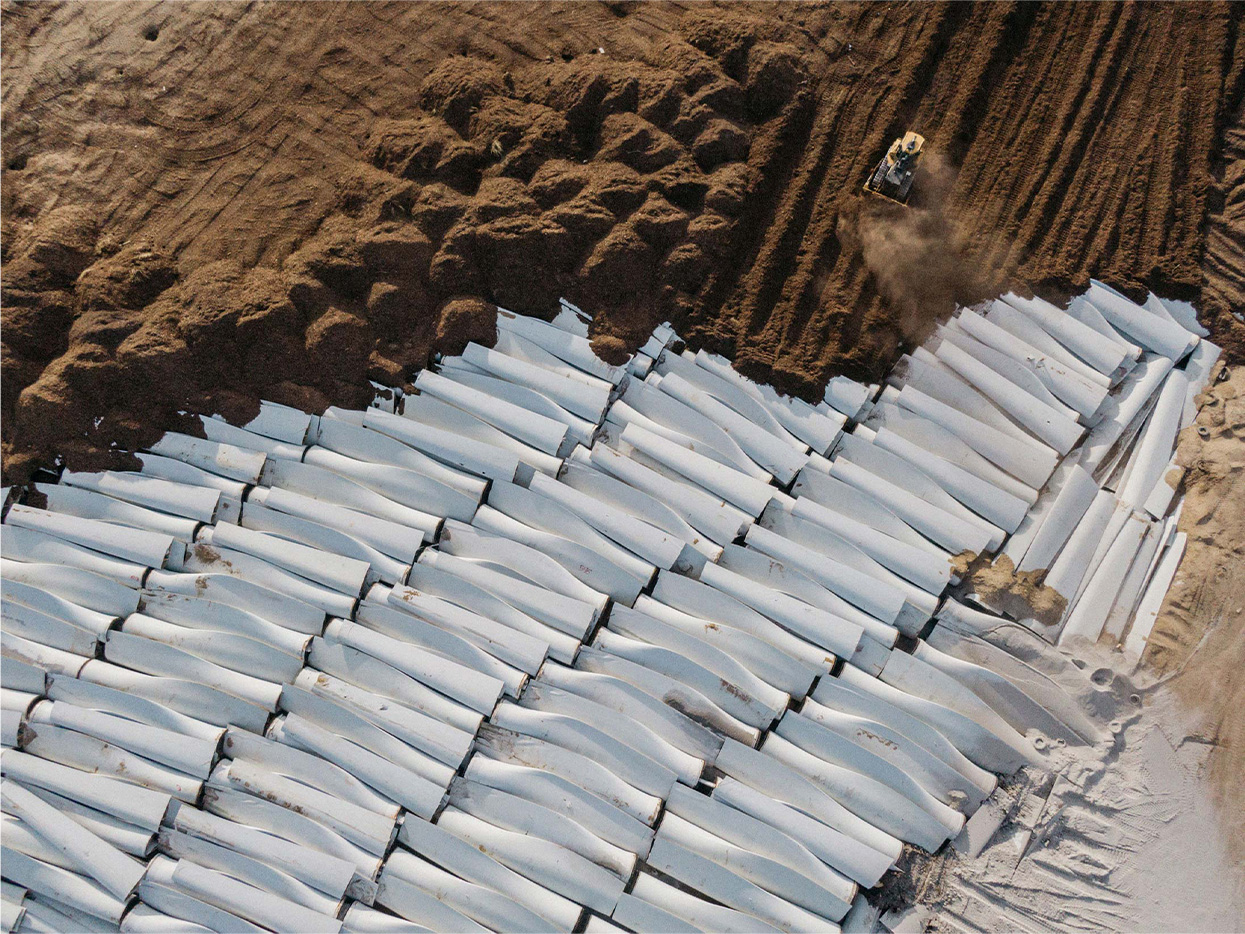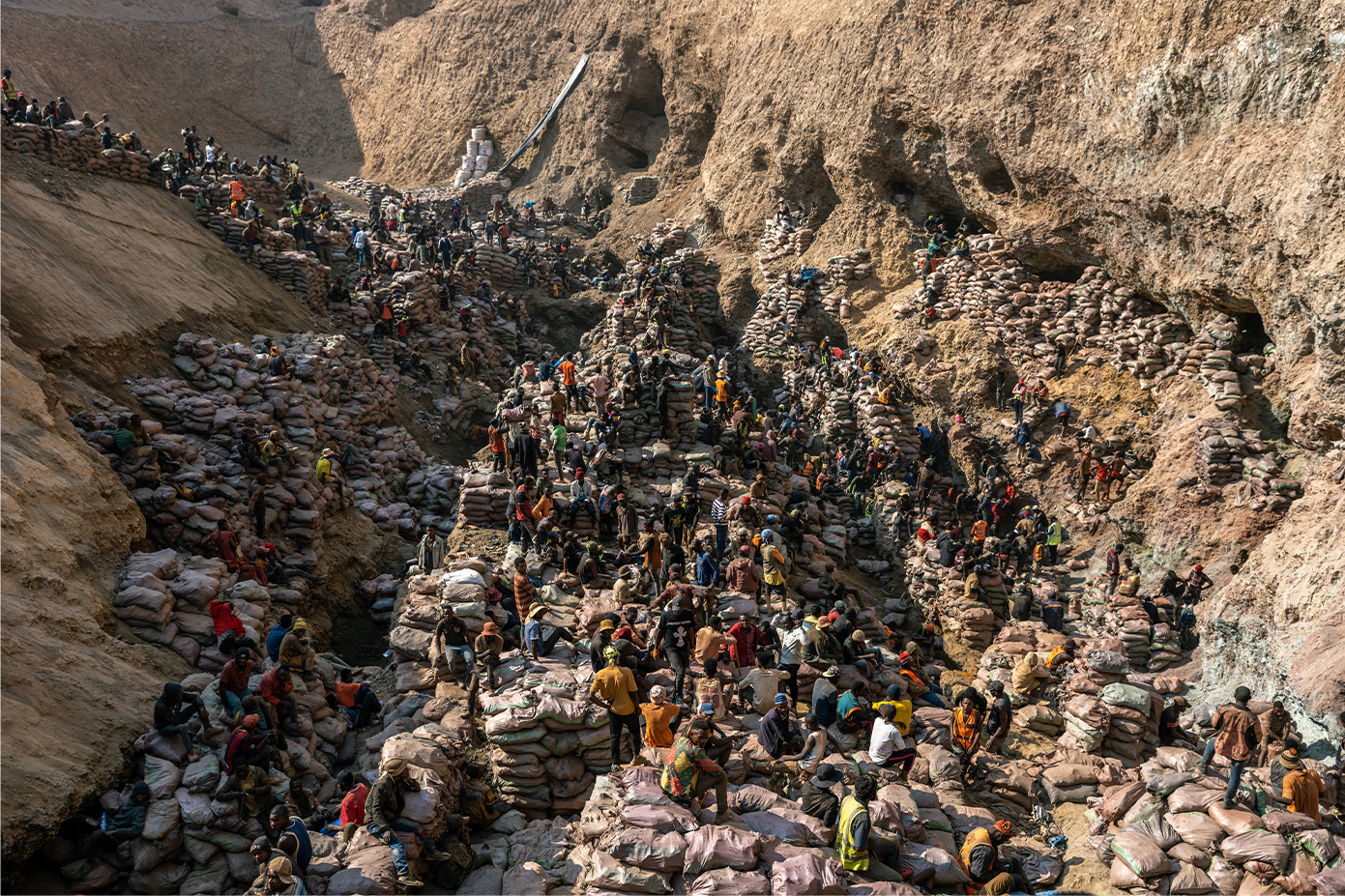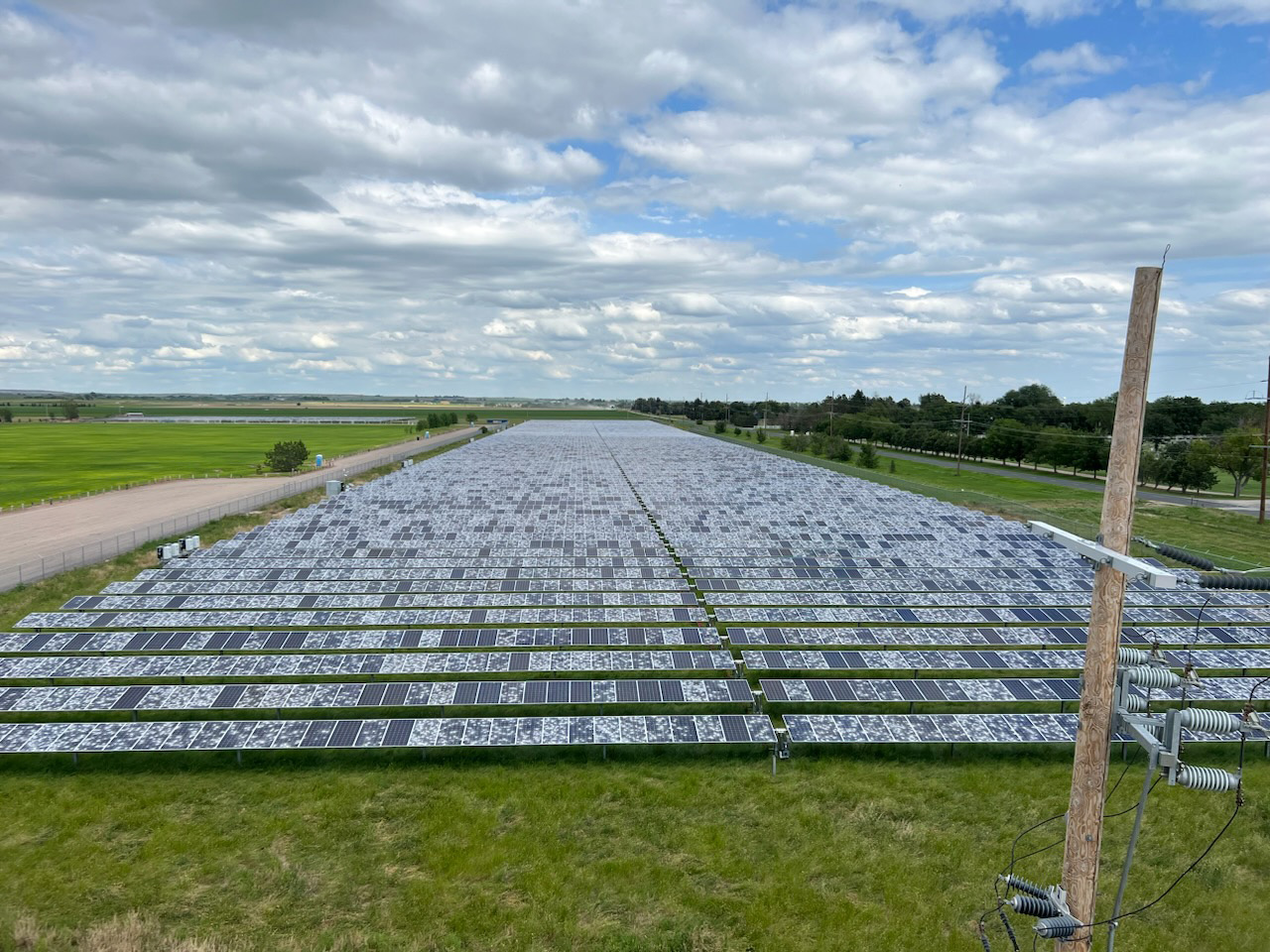
The Green-At-All-Costs

Telling the Truth About Renewable Energy
What’s Wrong with Wind and Solar?
Why EVs Aren’t The GreenTech Panacea || Peter Zeihan
The Disturbing Reality of Cobalt Mining for Rechargeable Batteries
Wind blades and solar panels head for landfills after being replaced
Fast Facts
Clearing land for construction and the placement of solar installations may have long-term effects on the habitats of native plants and animals.
“Solar explained: Solar energy and the environment,” U.S. Energy Information Administration, Updated (2/25/22)
Rare earth metals are necessary to build batteries and other technologies for electric vehicles and renewable energy sources like, wind and solar power. China produces 60 percent of the world’s rare earths and processes nearly 90 percent, giving the country a near monopoly.
“Solar explained: Solar energy and the environment,” U.S. Energy Information Administration, Updated (2/25/22)
In the Democratic Republic of the Congo, cobalt, another mineral critical to renewable energy and electrical vehicles, mines have been found to be unsafe and employ child labor.
“Solar explained: Solar energy and the environment,” U.S. Energy Information Administration, Updated (2/25/22)
Wind turbine blades as they are currently constructed cannot be recycled. Turbine blades go to the handful of landfills that accept them, in Lake Mills, Iowa; Sioux Falls, South Dakota; and Casper, [Wyoming] where they are interred in stacks that reach 30 feet underground.
“Solar explained: Solar energy and the environment,” U.S. Energy Information Administration, Updated (2/25/22)
Experts estimate that only about 10 percent of solar panels are recycled. The rest go to landfills. The International Renewable Energy Agency projects that up to 78 million metric tons of solar panels will have reached the end of their life by 2050.
“Solar explained: Solar energy and the environment,” U.S. Energy Information Administration, Updated (2/25/22)







